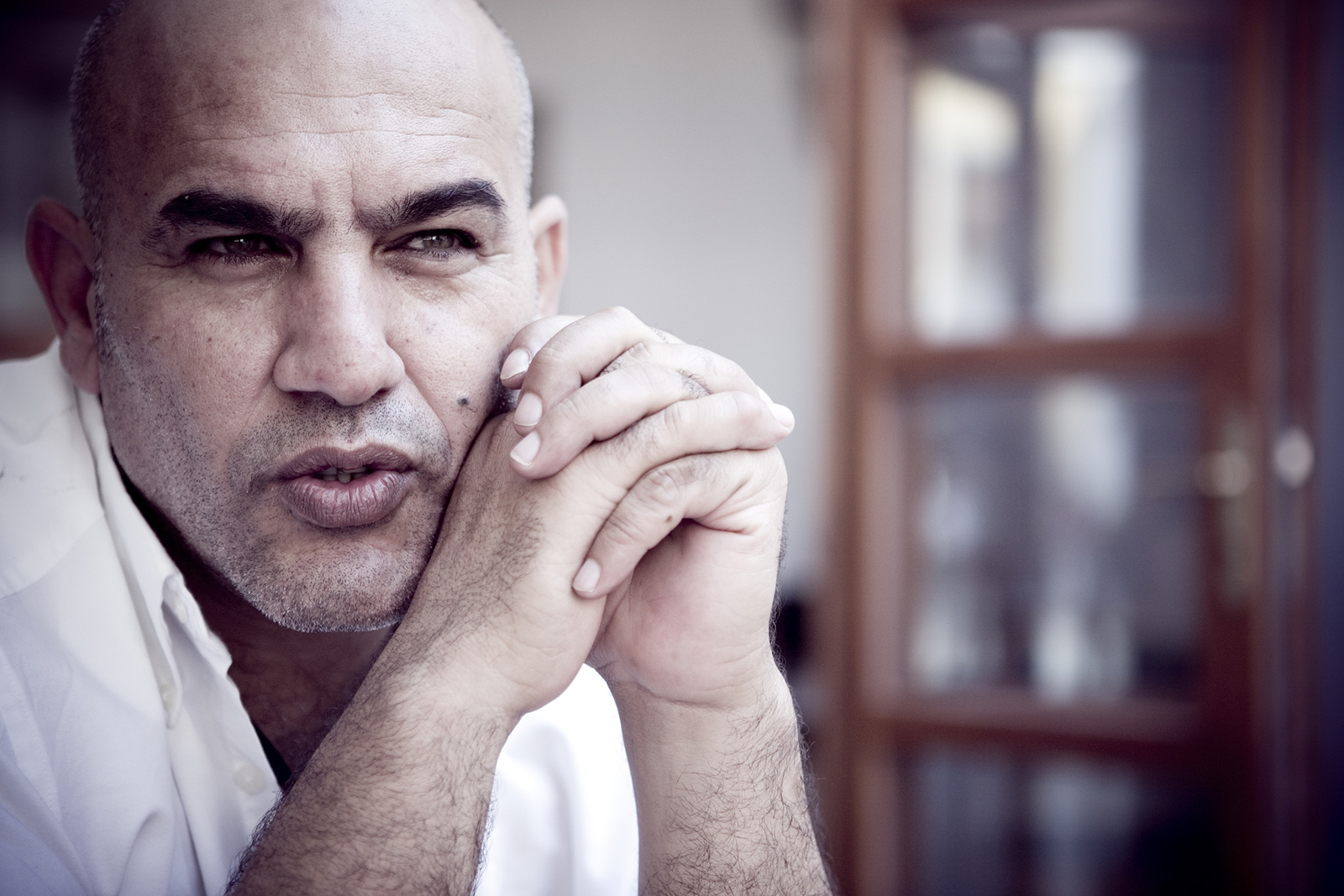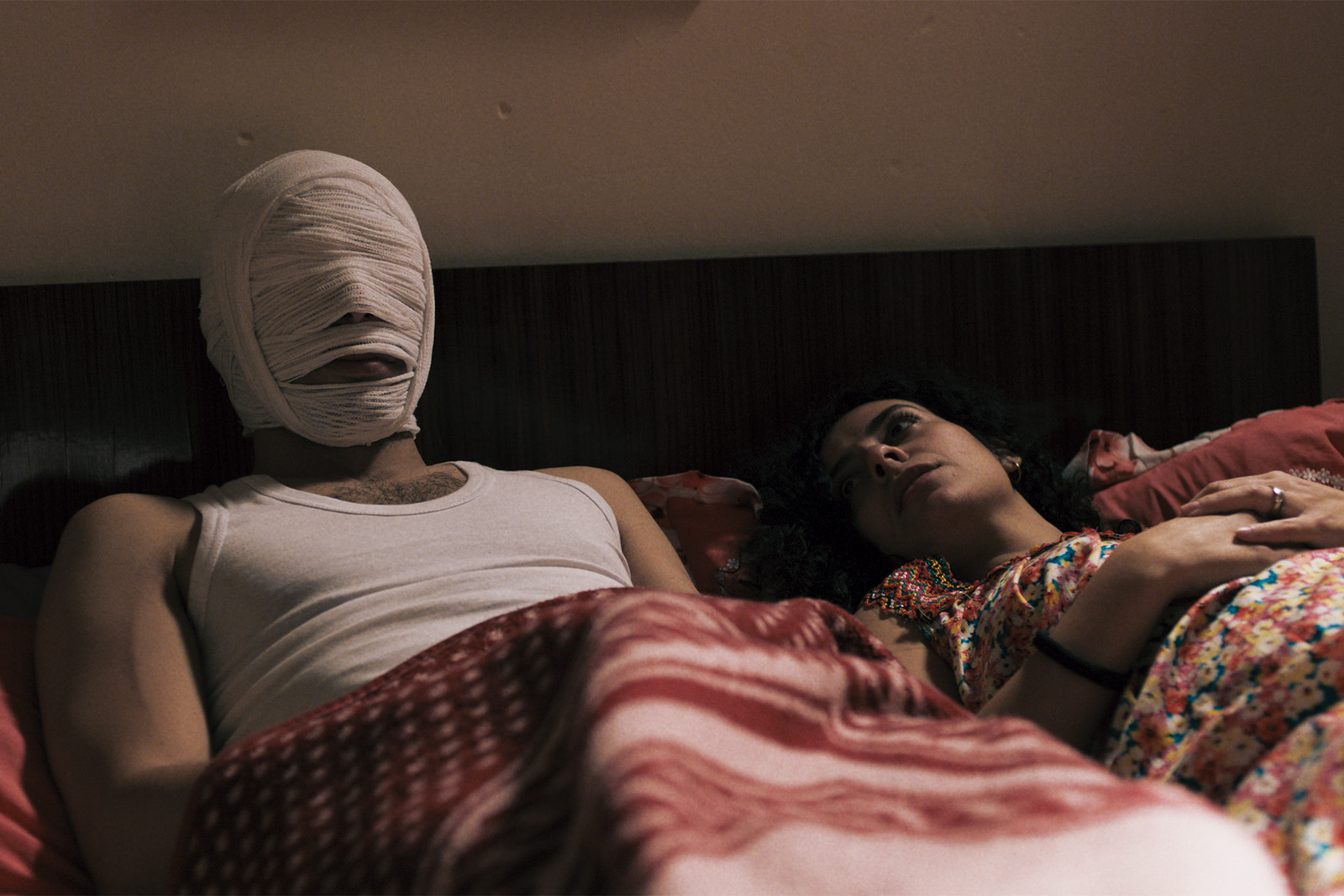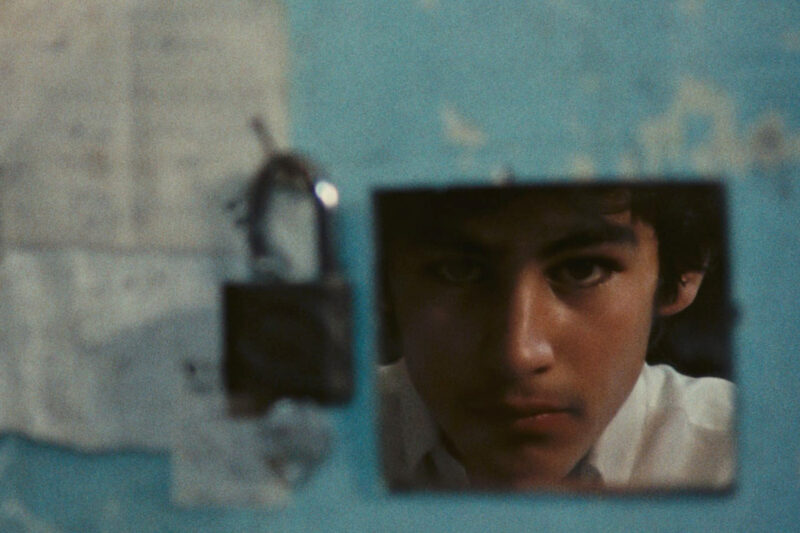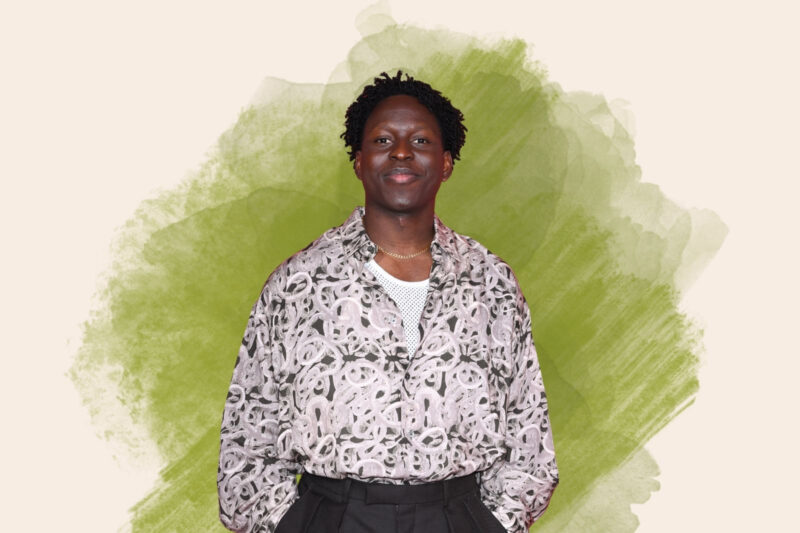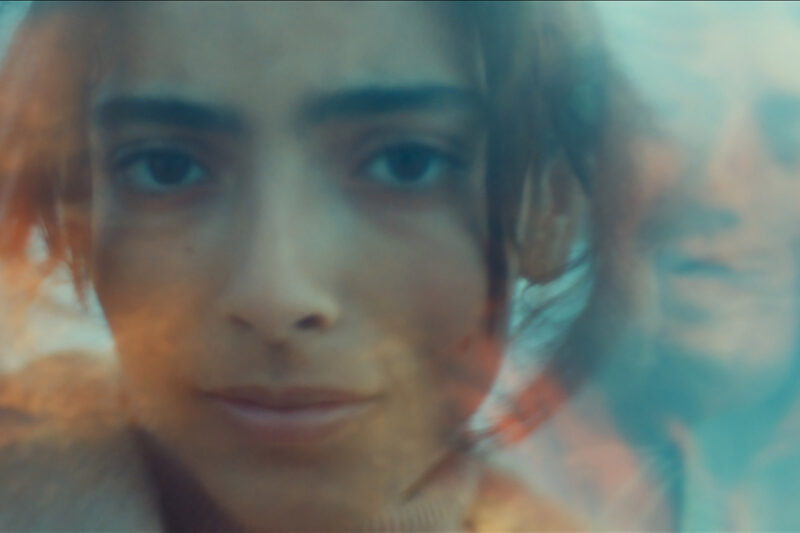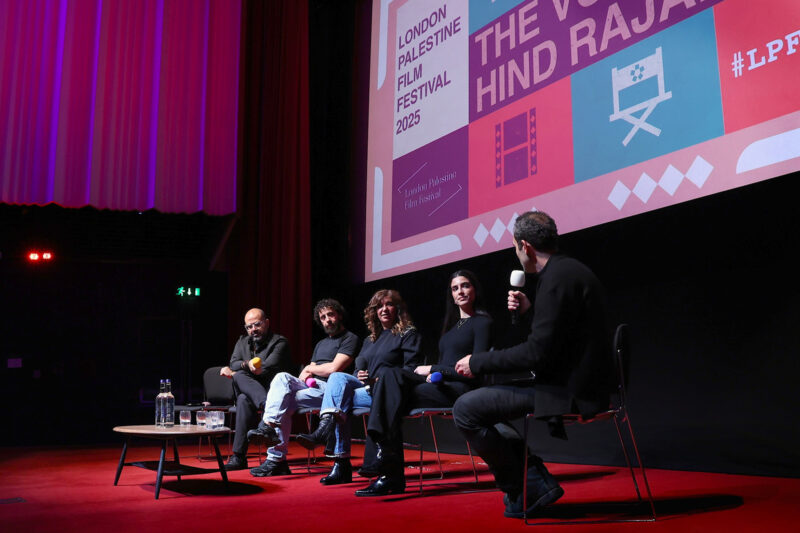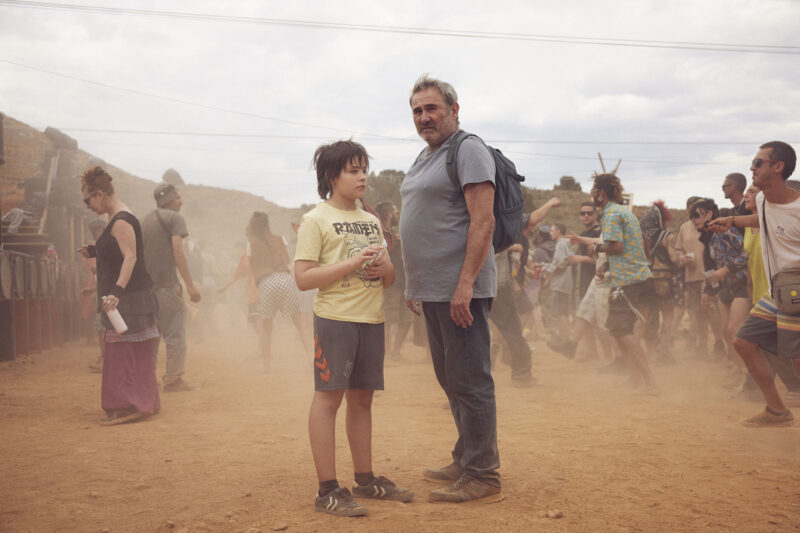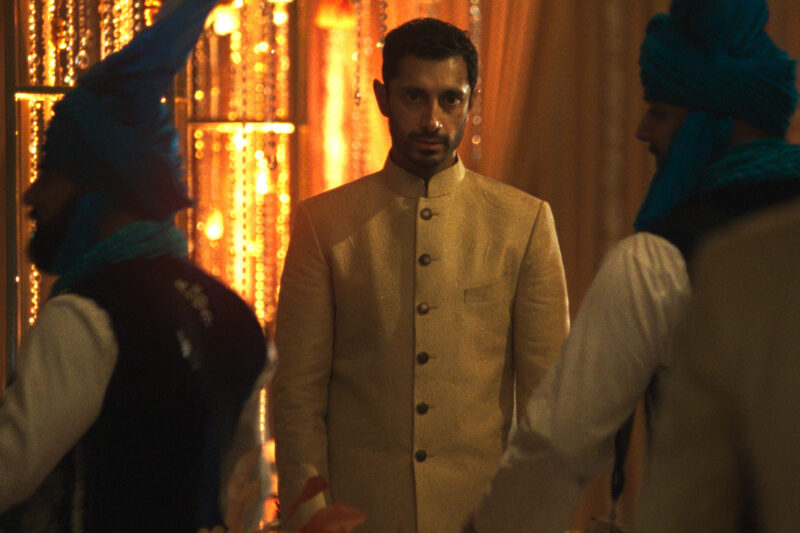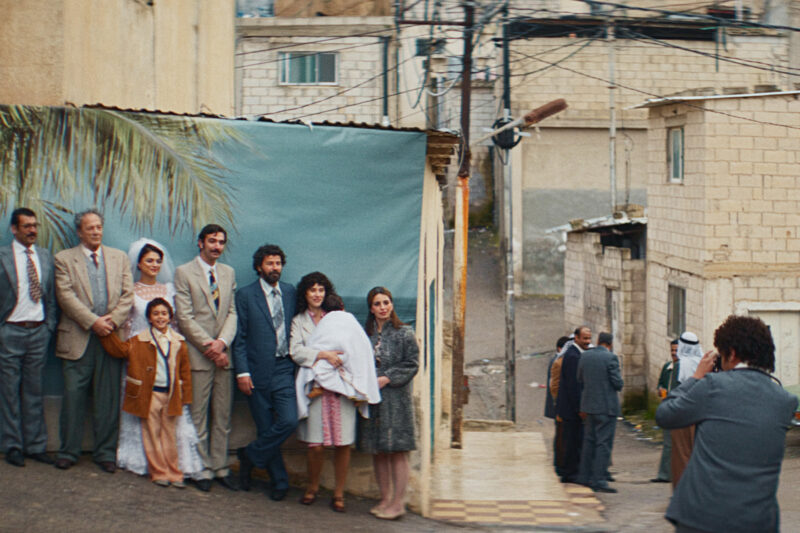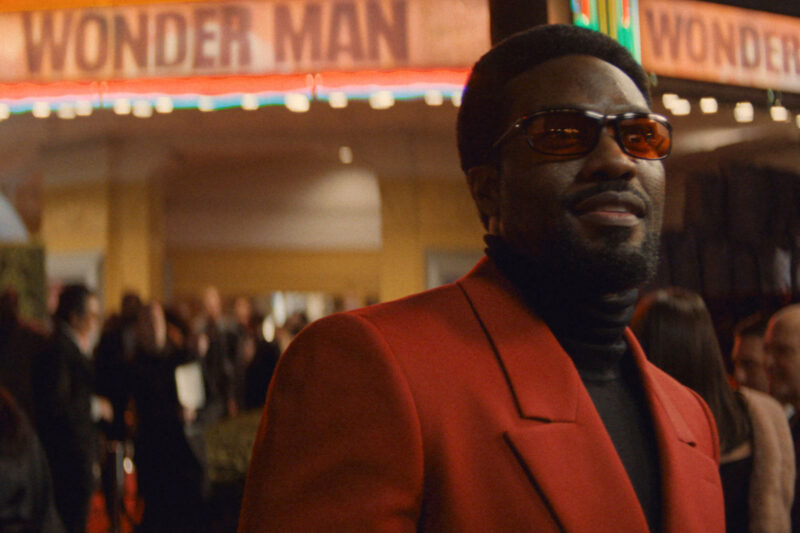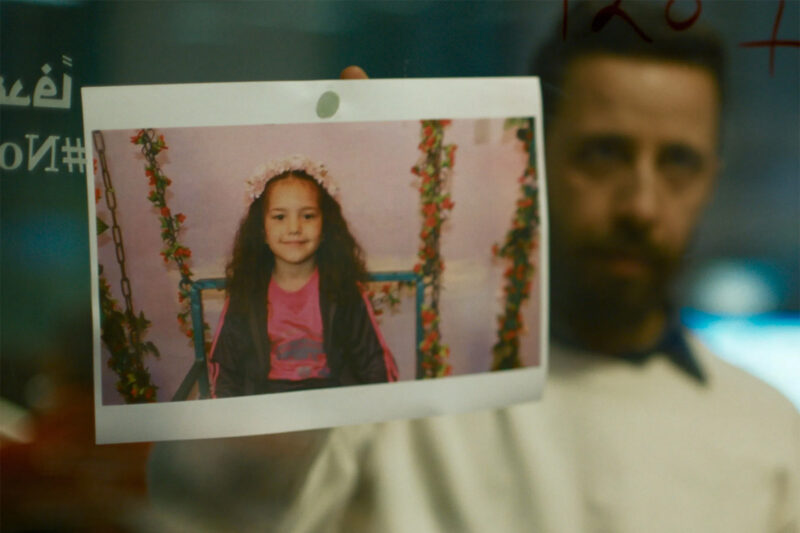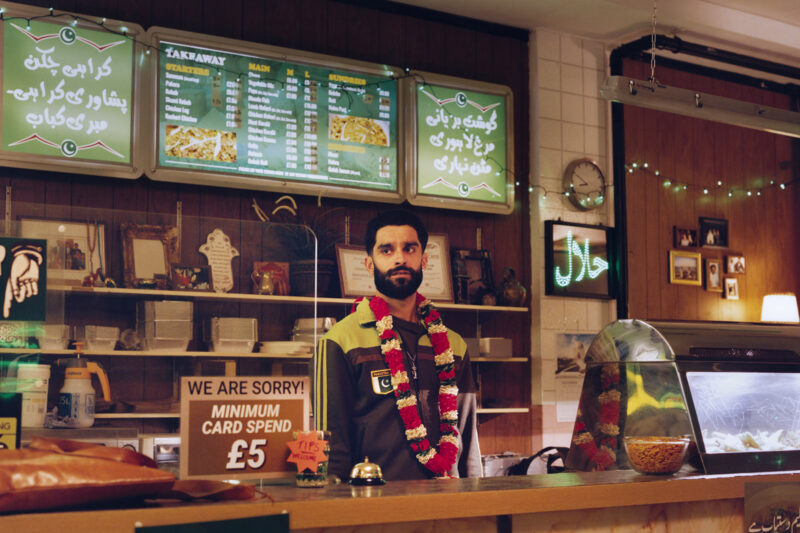Brides: a sensitive coming-of-age film about girlhood and its radical edge
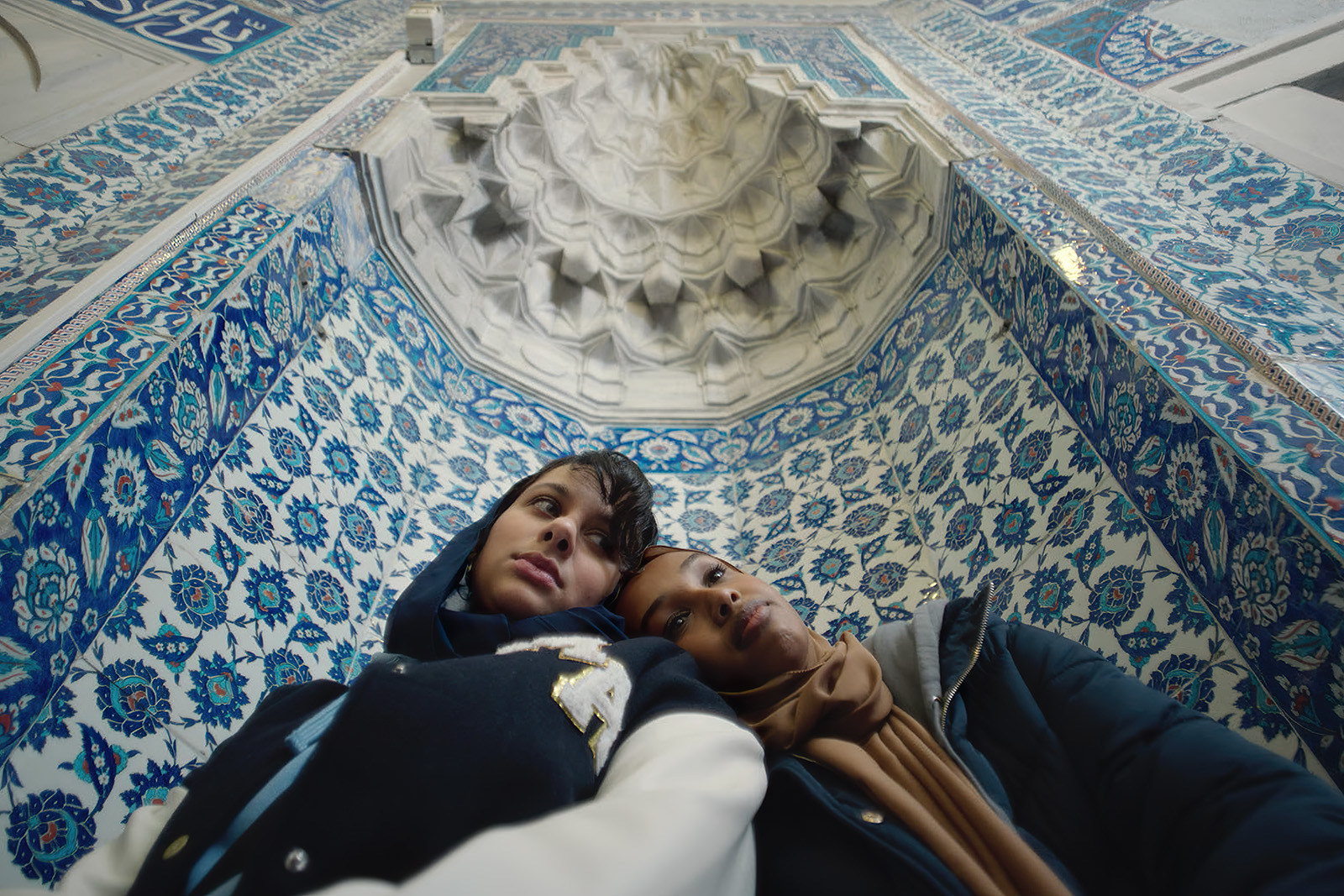
Nadia Fall’s first feature is more interested in the inner lives of its protagonists, two Muslim girls who journey to Syria, than the manipulative geopolitics surrounding them
Nadia Fall’s Brides is a film that refuses to flatten two “radicalised” teenage girls into headlines or statistics, or to even reduce them to cautionary tales. Instead, the acclaimed theatre director’s debut feature gives us two Muslim teenagers on the run and asks us to sit with their joy, their fear, their friendship and their heartbreak. The result — which debuted at this year’s Sundance film festival — feels both urgent and tender, as interested in the inner lives of its protagonists as it is in the manipulative geopolitics surrounding them.
Set in England in 2014, Brides follows Doe (Ebada Hassan) and Muna (Safiyya Ingar), best friends living in a grey seaside town where true acceptance from anyone but each other always feels just out of reach. Doe emigrated from Somalia as a toddler; Muna’s parents are from Pakistan. They know what it’s like to be stared at, mocked and treated as if they’ll never be fully “from here”.
Doe wears the hijab and attempts to cope by turning toward faith, seeking a sense of order that her mother’s chaotic household can’t offer. Muna is louder, more impulsive and willing to test boundaries and eschew trips to the mosque, but she too is lonely, hemmed in by family expectations and casual racism. Together, they create a little world of their own, to simply enjoy the burning embers of childhood for a little while longer.
Then they run away.
When Brides opens, we don’t quite know where they’re headed, only that their train ride to the airport feels a little too frenzied, a little too emotionally loaded. Fall lets that mystery hang in the air, drip-feeding us information through flashbacks. There’s giggling, junk food and teenage daring, but there’s also a sharp undercurrent of dread. It’s not until the girls land in Istanbul and their fixer fails to appear that we understand: this is not just a holiday. It is a one-way trip toward the Syrian border, a leap into a future that promises meaning and the sense of purpose they’ve been lacking, or so they’ve been told.
It’s tempting to imagine Brides as a politically informed thriller rather than a sensitive coming-of-age tale. Although violence lurks on the periphery, that’s not the film Fall has made. The word “Isis” is never spoken. There are no grainy videos, no explicit ideological lectures on religious indoctrination or the potential for sexual abuse. What Brides gives us is a story about girlhood and its radical edge, about how the hunger for purpose, escape and a life less small can lead to dangerous places.
Fall doesn’t advocate for Doe and Muna’s decision, but she does make it heartbreakingly legible. When there are no “safe” mistakes available to you, sometimes the ones you make at your most vulnerable are catastrophic.
Hassan and Ingar are wonderful together, enhancing each other’s naturalistic performances. Hassan plays Doe with a quiet intensity, her body language small and contained until moments of pain break through. Ingar as Muna is the opposite: witty and brash.
The magic of Brides lies in watching these two girls laugh, fight, and exchange wordless reassurances of loyalty. Their friendship is not a sentimental ride-or-die cliche longing to draw modern-day Thelma & Louise comparisons, but a living, breathing relationship, as prickly as it is tender. The most apt comparison is with Matteo Garrone’s recent masterpiece Io Capitano (2023), where two Senegalese cousins make their way to the European promised land, only to discover it doesn’t keep its promises.
The road movie structure gives Brides momentum, though Fall resists turning it into pure chase-thriller spectacle. The film still makes room for moments of levity — a playful bus ticket scam, a brief alliance with a ticket seller — and silence, where the weight of what they’re doing finally lands. The vast Turkish countryside provides us with a sense of scale that mirrors the girls’ emotional state.
There are bumps along the way — an overly on-the-nose music cue, a narrative thread or two left underdeveloped — but they don’t derail the film. Brides is not neat, nor should it be. Its power lies in its refusal to sand down the messiness of its characters’ lives and choices.
By the time the credits roll, Brides leaves you shaken because of how precious these two lives have come to feel. It dares to look at girls who are about to become tabloid fodder and insists on their complexity. Brides is a road movie, a buddy comedy, a tragedy and, above all, a love letter to the friendships that save us, even when they lead us somewhere dangerous.
Brides is UK cinemas from 26 September.
 Newsletter
Newsletter


